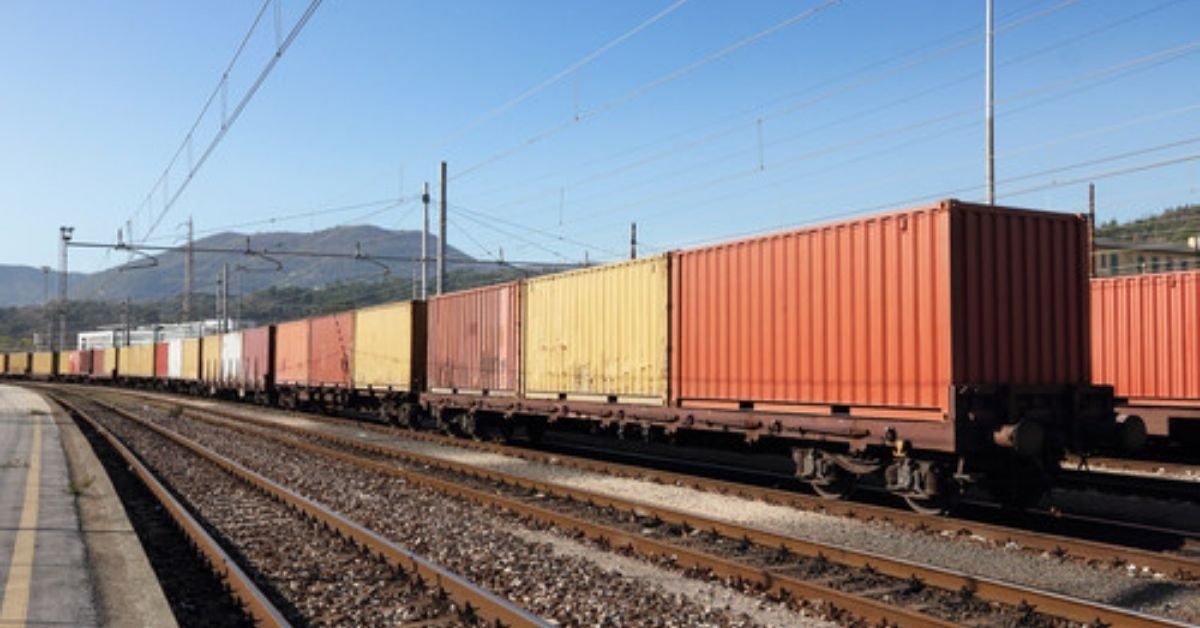The Indian Railways has put forward an ambitious plan, totaling Rs 4.2 lakh crore, to expand the multi-tracking of seven high-density rail corridors. These corridors encompass the routes of Delhi to Howrah, Mumbai to Howrah, Delhi to Mumbai, Delhi to Guwahati, Delhi to Chennai, Howrah to Chennai, and Mumbai to Chennai. The objective behind this extensive project is to facilitate faster passenger train services and expedite the transportation of freight.
The railway ministry has submitted a proposal to the Union Cabinet outlining a program that will span the next 10 years, from 2024-25 to 2033-34. This initiative involves the doubling of tracks and the installation of third and fourth lines on various segments of the identified corridors, aligning with the prevailing traffic demand.
Additionally, the plan encompasses the construction of flyovers and underpasses. Notably, this proposal has been circulated amid the railway’s intentions to introduce more advanced Vande Bharat trains, equipped with sleeper facilities and designed to achieve a maximum speed of 220 kmph.
According to information obtained by TOI, the Indian Railways has pinpointed 213 essential projects to address congestion issues on these corridors, which have surpassed their capacity limits. In the initial phase, the plan aims to complete 200 of these projects. To expedite the decision-making process, the railway authority has suggested granting additional financial authority to the Railway Board and the minister.
The primary motive behind the proposal to inject substantial government funding into the seven corridors is to enhance the train-carrying capacity. These corridors, totaling 10,969 km, make up a mere 16% of the overall Indian Railways network but manage 41% of the traffic load. As a result, these corridors face immense congestion, limiting the room available for introducing additional trains and increasing their speed.
The Railway Ministry has emphasized the consequences of this heightened pressure, noting that the average speed of freight trains currently stands at approximately 18-20 kmph, whereas, in more developed countries, it reaches around 50 kmph. The Ministry also underlines the direct impact of slow-moving freight trains on logistics costs. Revenues generated from freight transport form the backbone of the railways’ financial stability, compensating for the losses incurred in passenger transportation.






